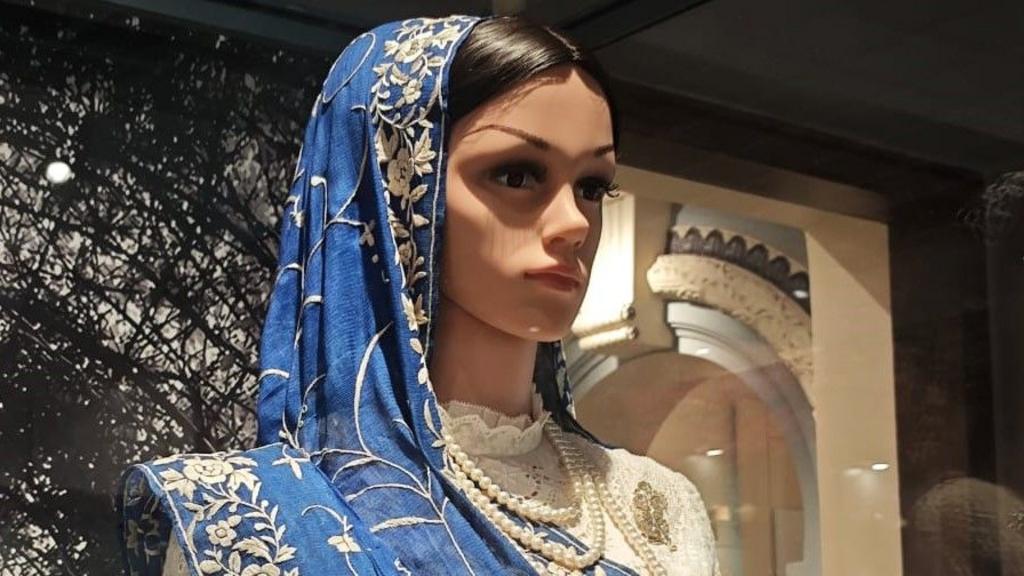Nestled in a Mumbai lane, the Framji Dadabhoy Alpaiwalla Museum offers a captivating glimpse into the history of the Parsi community, a dwindling Zoroastrian group with deep roots in India.
Numbering only 50,000-60,000, the Parsis are believed to be descendants of Persians who sought refuge from religious persecution centuries ago. Despite their significant contributions to India’s cultural and economic landscape, their story remains largely untold.
Recently renovated, the museum aims to rectify this, showcasing rare artifacts that illuminate Parsi history and traditions, according to curator Kerman Fatakia.
The collection includes cuneiform bricks, pottery, and coins from ancient Babylon, Mesopotamia, Susa, and Iran (dating back to 4000-5000 BCE), regions once ruled by Zoroastrian Iranian dynasties.
Artifacts from Yazd, a central Iranian city that provided refuge for Zoroastrians fleeing Arab invasions in the 7th century BCE, are also featured.
A highlight is a replica of Cyrus the Great’s cylinder, inscribed with the “Edict of Cyrus”—considered a precursor to human rights charters—and also displayed at the United Nations.
Maps trace the migration routes of Iranian Zoroastrians to India between the 8th and 10th centuries, and again in the 19th century, escaping persecution.
The museum also features furniture, manuscripts, paintings, and portraits of influential Parsis, including Jamsetji Tata, founder of the Tata Group.
A striking section details the 19th-century Parsi trade in tea, silk, cotton, and opium with China, showcasing Parsi sarees influenced by Chinese, French, and other global designs.
Compelling exhibits include replicas of a Tower of Silence (dakhma), where Parsis traditionally leave their deceased to be returned to nature, and a Parsi fire temple, typically inaccessible to non-Parsis.
Established in 1952 (then Bombay), the recently renovated Alpaiwala Museum now boasts modern displays and offers guided tours.
“It’s a small museum, but packed with history,” Fatakia emphasizes. “A great resource for both local and international visitors seeking to understand the Parsi community.”
The guided walks will be around the site of RAF North Witham which is now woodland.
The story of the achievements of the 17th-Century brothers and their teacher is little known.
Shubman Gill and Yashasvi Jaiswal will both get extra time to prepare for the Test series against England after being named in a strong India A side.
A new book How to Kill a Witch brings a dark period of history back to grisly life – and an official tartan is being released to memorialise some of those who were tortured and killed.
The skeleton had been kept in a makeshift shed since its excavation in 2019 due to bureaucratic wrangling.

